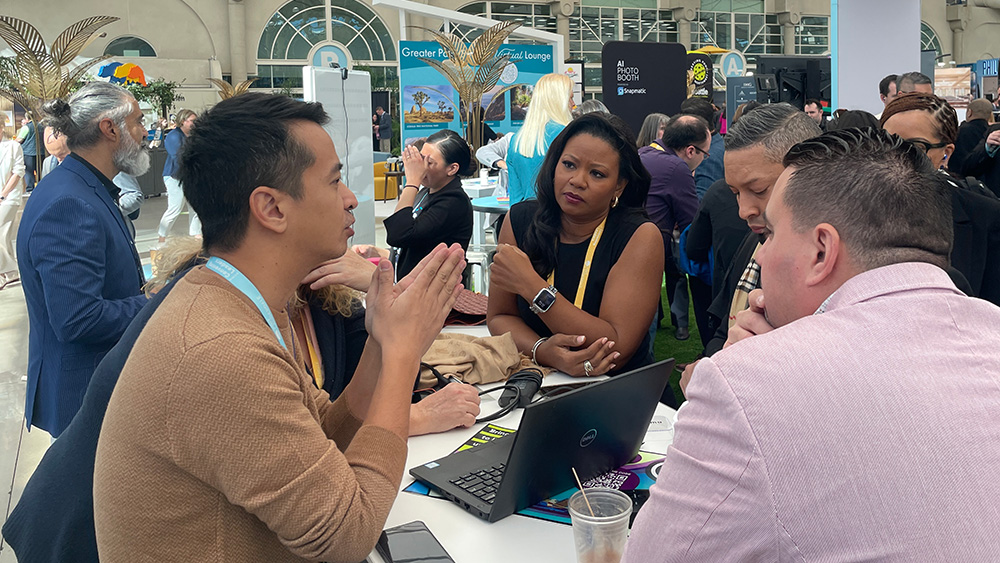
At the 2024 PCMA Leadership Conference in San Diego, humans and artificial intelligence competed in an event planning competition.
In November 2022, OpenAI released the first iteration of ChatGPT to the public, opening the door to artificial intelligence-generated content and the use of natural language processing to analyze large amounts of data. As concerns that generative AI will make them obsolete fade, many planners are beginning to experiment and embrace the many ways AI can help them do their jobs better.
Two years later, another topic is rising: humans can do things artificial intelligence cannot. “AI can’t make connections or facilitate amazing experiences,” Mathew Sweezey, chief strategy officer at Smart Token Labs and a former Salesforce marketing executive, told Marketing Companion podcast host and futurist Mark Schaefer. “AI cannot build deeper trust,” Sweezy said on the podcast. “It has to be human – AI can’t replace that.”
However, artificial intelligence can help. Using AI to connect meeting attendees and event sponsors is the top way meeting professionals say they plan to use AI, according to the Amex GBT Meetings & Events 14th Global Forecast. In a world increasingly driven by artificial intelligence, “we are also seeing a strong desire for human connection, with growing demand for face-to-face experiences,” the report noted.
Related: Will event technology costs drive low-tech choices?
There is a growing recognition that it is meeting professionals’ own judgment and creativity that will drive the best outcomes for AI assistance. A 2022 study found that human confidence is one of the best predictors of good outcomes in decisions made with the help of AI — and too little confidence can lead to overreliance on AI. Valerie Sumner, co-owner of VRS Meetings & Events, said after trying to use artificial intelligence to help her write draft promotional emails for clients, convene She realized that what was missing from the AI-generated content was her own voice.
According to research released last summer by the Amazon Web Services Artificial Intelligence Lab, more than half (57%) of the content on the Internet today is either generated by AI or translated using AI algorithms. As AI-generated content continues to accelerate, the unique human imprint that meeting professionals leave on their work will be increasingly valued. “In an age where there are so many algorithms and where artificial intelligence does so much for you, taste is becoming more and more important,” said showrunner Ezra Klein. new york timesThe Ezra Klein Show Podcast. Klein is talking about editing, a set of skills similar to an event organizer’s expertise in planning and creating content. “Knowing what you like, what you think is good, what you think is bad, what your reactions are — that’s really important,” Klein said. “It’s a way to maintain your humanity and your ability to do great things.”
LinkedIn’s AI echo chamber
“LinkedIn Algorithm Insights 2024” warns that over-reliance on artificial intelligence tools to create LinkedIn posts can be counterproductive. The same “hook” used to start a post appeared 16 times more often in AI-generated posts, and the same call-to-action used to end a post appeared 11 times more often, leading to a 55% drop in engagement, the report said , “60% lower click-through rate compared to original content(!)”
Barbara Palmer Is the deputy editor held.



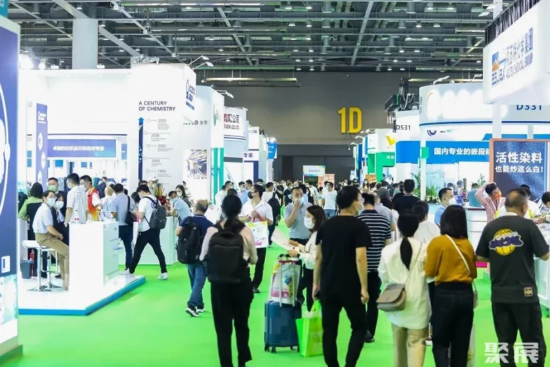
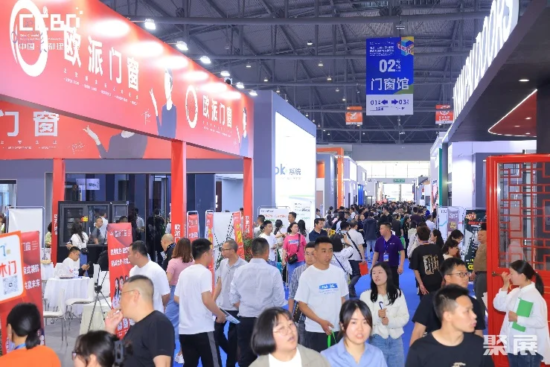
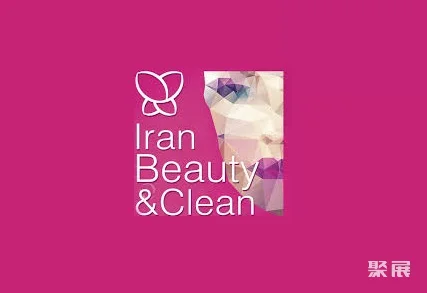
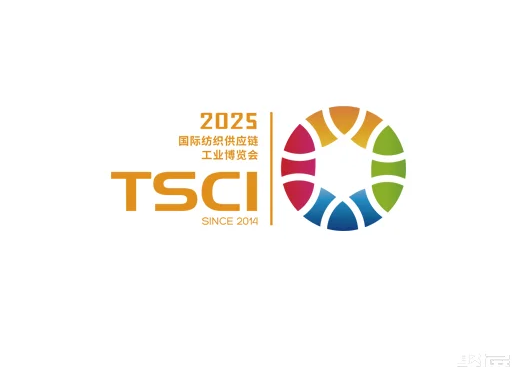




Leave a Reply Cancel reply
You must be logged in to post a comment.